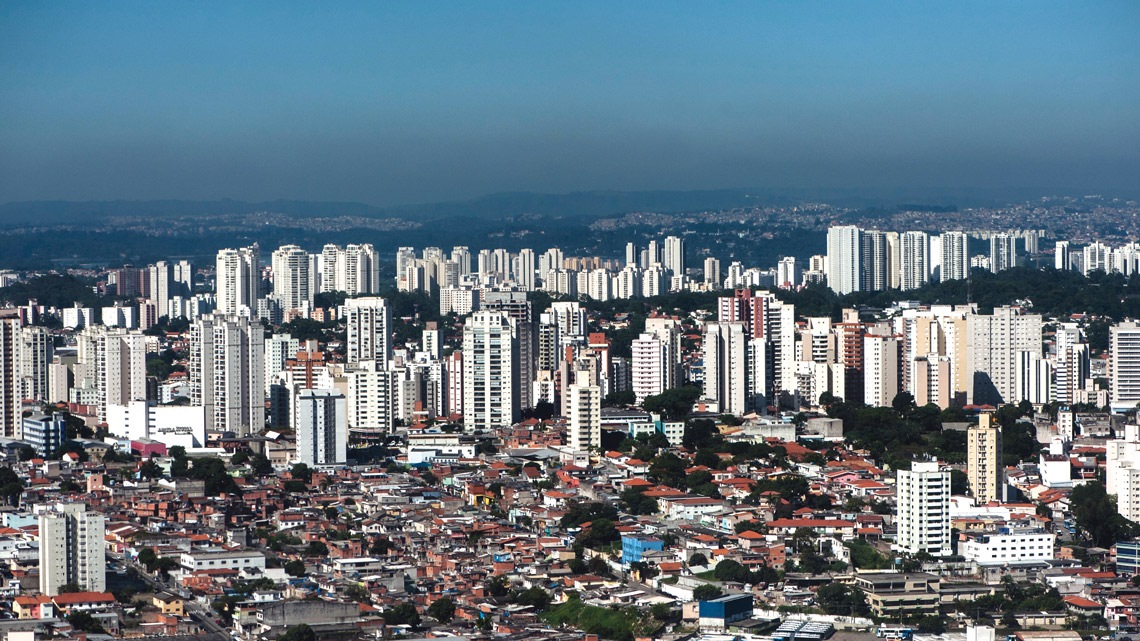A study by the University of São Paulo (USP) has warned of the influence of sociodemographic and environmental variables on how people recover from COVID-19. The scientists evaluated 749 people admitted to Hospital das Clínicas at USP’s School of Medicine between March and August 2020 and later discharged. Six months after infection, 83% had at least one of the 10 symptoms under study, primarily pain (41%), fatigue (38%), and post-traumatic stress disorder (35%). The team mapped where in Greater São Paulo the patients lived and examined the results in relation to population density and proximity to green areas, finding that participants more exposed to air pollution were more likely to suffer persistent shortness of breath (dyspnea), fatigue, and limitations in daily life. Conversely, being closer to green spaces was shown to protect the health of the people involved. Other studies have already highlighted social inequalities between people with COVID-19—the mortality rate is generally higher among people who live in poorer and more populous regions—but the impact of the environment on how people with long-term COVID-19 recover had not yet been characterized (Journal of Global Health, August 9).
RepublishCOVID-19
Pollution exacerbates COVID-19

Air pollution in the São Paulo state capital causes shortness of breath and fatigue
Léo Ramos Chaves / Revista Pesquisa FAPESP

